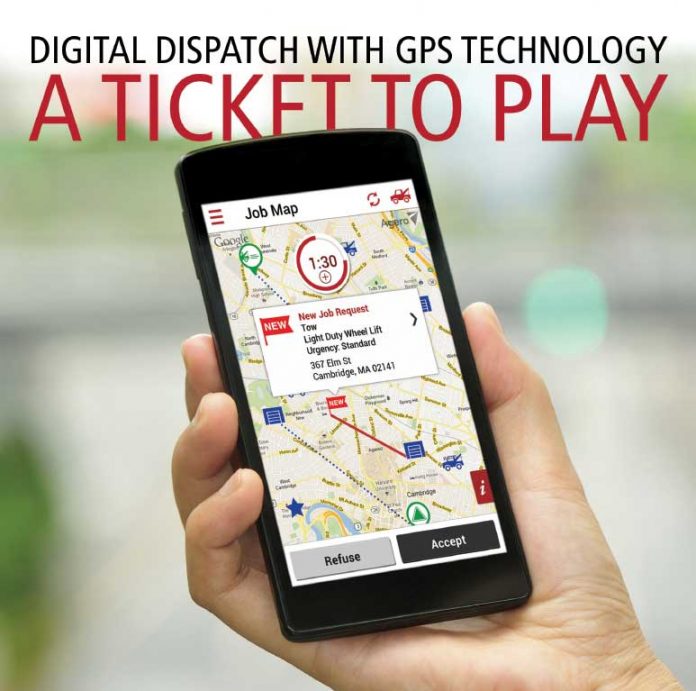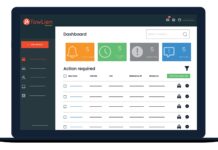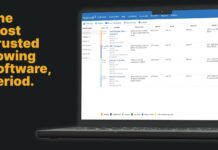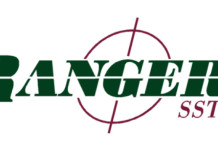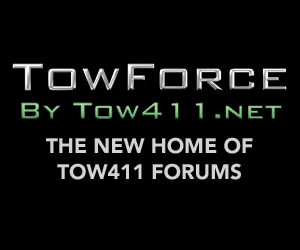In today’s service-based economy, every service experience becomes a “moment of truth” with each customer. Even when an unfortunate event has disrupted the customer’s day, an excellent roadside assistance experience has been proven to increase that customer’s loyalty to the brand providing the service. This is as true for service providers building their own tow businesses as it is for the automotive manufacturers, insurance carriers, and other warranty providers they sometimes represent.
Combined with the changing expectations of an increasingly “connected” customer base, we’re already seeing the entire roadside and towing industry – service providers and motor clubs – pushing to deliver a better customer experience by embracing the advantages of location-aware and real time technology.
A few years ago investing in digital dispatch with GPS technology was a costly proposition. GPS devices that need to be installed in every truck and then integrated into a Dispatch Management system could cost anywhere from $400 to $800 per vehicle. But there are many benefits: lower fuel costs, safer drivers, less accidents, fewer delays, less stolen equipment, and larger discounts on insurance premiums. It took only six to twelve months for the investment to pay for itself, but it’s never been easy for smaller operations to shell out a few thousand dollars to get a new system up and running.
However, in the last few years, less expensive options have been coming into the market, with some fleet management packages now offering financing options with zero money down. At the same time – and perhaps more importantly – the use of smartphones has become widespread. Smartphones and data plans are not inexpensive, but many drivers have already made the personal investment: Today over 75% of Americans have a smartphone. And more and more business owners are requiring their drivers (and many other employees) to carry one. The rapidly growing smartphone market has customers demanding real-time information on everything from taxi services and food delivery to real-time traffic patterns and updates on when their tow truck will arrive.
Because customers are demanding more, every industry is seeking ways to meet their expectations. Offering roadside assistance coverage as a benefit of warranties, credit cards, and cell phones is more popular than ever, leading to increased dispatch volume. With more volume comes more responsibility and tow companies are seeking to proactively manage each dispatch to ensure ETAs are met, customer satisfaction is high, and fleet utilization is optimized.
Tools that accomplish this, such as Digital Dispatch with GPS technology, allow service providers to make their businesses more efficient and create a better customer experience. At the same time, more and more motor clubs are bringing mobile applications to the market, such as Agero, which in January 2011 was the first motor club to unveil a service provider mobile app. Other clubs have since followed suit. Since the release of Agero’s mobile app, Roadside Connect™, there have been several major upgrades and additions to the platform, enabling service providers to raise customer satisfaction and loyalty while increasing their dispatch volume. Apps like RoadsideConnect offer numerous benefits for your dispatchers such as accepting jobs without having to take a phone call and assigning a driver with the push of a button. The app also allows your drivers to remain hands-free and still provide status updates when they have location services turned on in their smartphone. As these mobile apps inevitably become even more useful and even more convenient to use, we’ll see universal adoption across the industry.
Nearly 40% of tow trucks have a hard-wired GPS device already in them. Of the remainder, 45% have drivers who carry a smartphone capable of running a digital dispatch with GPS app or a third party dispatch system such as Beacon Software, TowBook or Ranger. The remaining 15% of trucks and their drivers are not yet connected. To stay competitive, nearly all tow companies will need to adopt some form of digital dispatch with GPS technology – or they will lose more and more business as they become out-of-date. The rules of the game are changing quickly and sharing status and location updates with the customers and motor clubs is rapidly becoming a ticket to play.
Written by Frank Klemovitch, Director of Product Management at Agero

